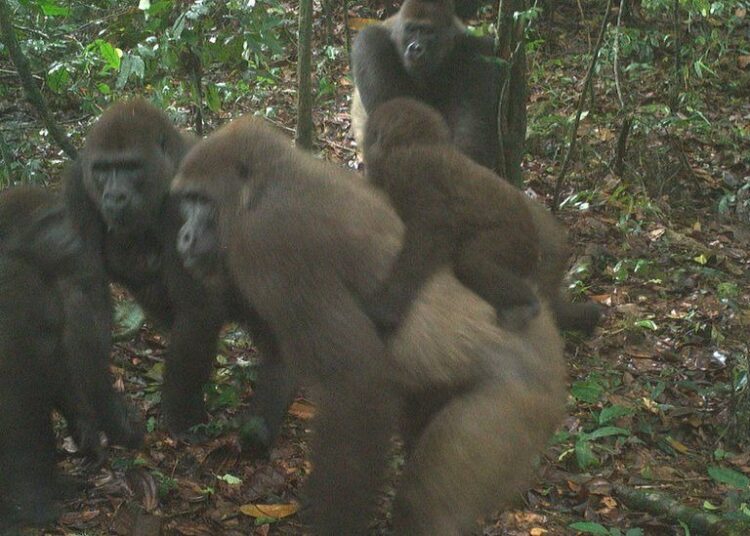The Wild Africa Fund, on Saturday, said only 100 Cross River gorillas are remaining in Nigeria while 200 live in neighboring West African country, Cameroon.
In a statement by the fund in commemoration of the 2023 World Gorilla Day and a copy made available to LEADERSHIP Sunday, however, urged the public to protect nation’s unique Cross River gorillas by supporting ongoing efforts to safeguard their populations and habitat as well as reducing demand for commercial bushmeat that threatens them.
LEADERSHIP Sunday reports that the Cross River gorilla lives in the mountainous region between Nigeria and Cameroon, and is Africa’s most endangered ape species.
The statement read, “It is estimated that fewer than 300 individuals of these gorillas remain in the wild, with 100 of them living in Nigeria’s Cross River state and the rest in Cameroon. In Nigeria, they are found in the Afi Mountain Wildlife Sanctuary, the Mbe Mountains, and the Okwangwo division of the Cross River National Park.
“The Cross River gorilla, one of Nigeria’s most iconic and cherished wildlife species, faces numerous threats, including hunting and habitat loss due to agricultural expansion, commercial logging and the encroachment of human settlements into its habitat. While the hunting of gorillas has reduced over the last few years, wire snares set for other animals in the bushmeat trade can also entrap gorillas, leading to injuries and, in some cases, death.
“We can’t afford to lose even one of our 100 Cross River gorillas at this critical stage. Let us all come together to protect the Cross River gorilla and ensure that this remarkable species continues to thrive in our country for generations to come,” said Festus Iyorah, the Nigeria Representative at Wild Africa Fund.
Nigeria has taken significant steps to address these challenges and protect the Cross River gorilla. The National Park Service and Cross River State Government in collaboration with local and international conservation organisations have been working to safeguard the gorilla’s habitat, enforce anti-poaching laws, and promote community-based conservation initiatives. These efforts are crucial not only for the survival of the Cross River Gorilla but also for the preservation of our rich biodiversity and the sustainable development of our communities.











